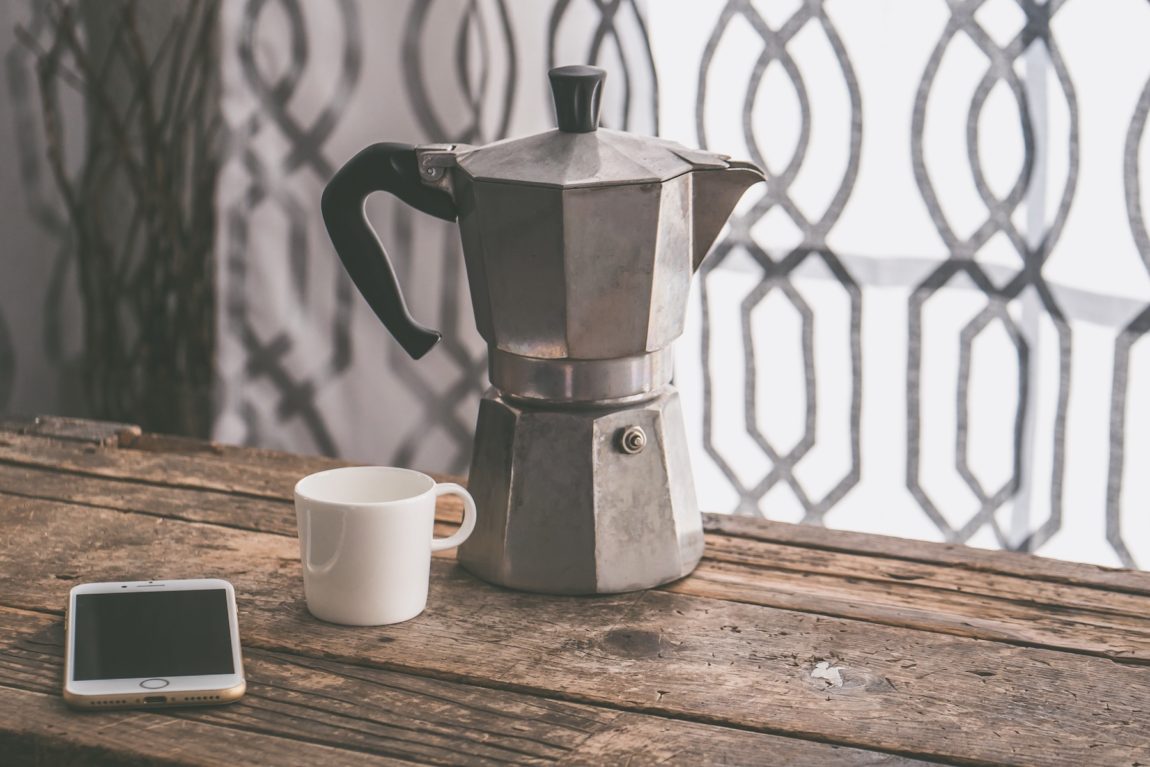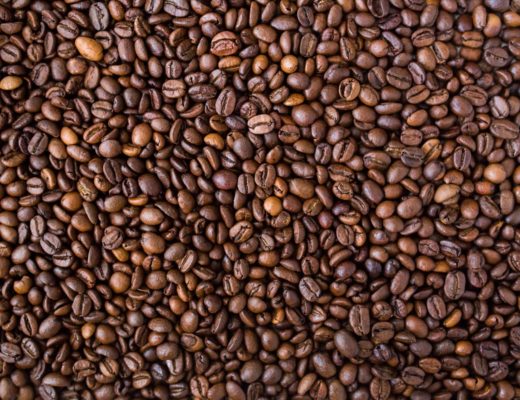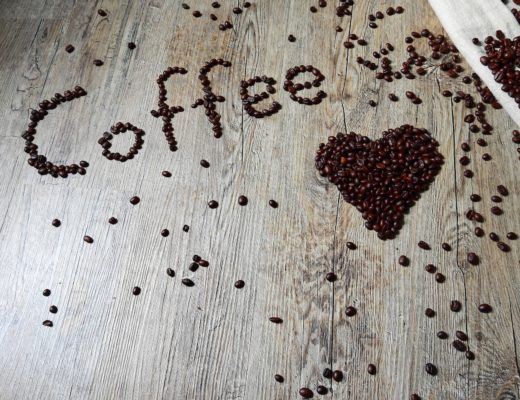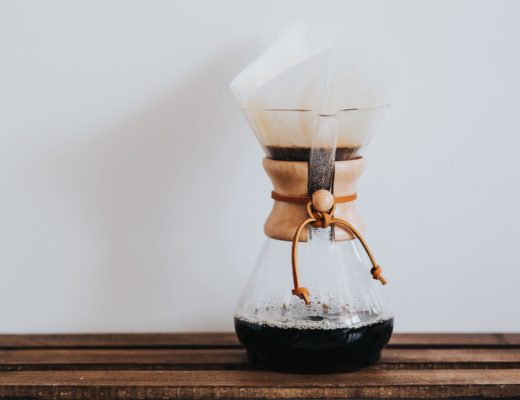Coffee Brewing 101: Water
Pop quiz, what single ingredient makes up 99% of coffee by volume?
Water!
We spend so much time talking about coffee: the type of coffee, how it is roasted, the flavor profile. And rightfully so, coffee is delicious! But we hardly mention or pay attention to the ingredient that makes up the vast majority of what we drink.
Thus far the Coffee Brewing Basics series has covered the process of extraction, the impact of coffee grind size, and the strength of coffee or the coffee/water ratio.
Today we will focus on water.
Does Water Impact Coffee Quality and Taste?
Yes!! Next question.
Seriously, water has a huge impact on the quality and flavor of your coffee. It’s colorless and odorless (or at least it SHOULD be if you’re drinking it) so we tend to overlook it and take it for granted. But it makes up 99% of your cup of coffee so of course it impacts taste!
Many specialty coffee shops install very expensive water filtration or treatment systems in order to optimize their water for coffee. Now I don’t expect you to do that at home so how do we drink good coffee at home without going to all this hassle?
What is the Best Water for Coffee Brewing?
First, water for coffee brewing should be clear, colorless, odorless, and have no “off” or chemical flavors. That’s rule number one here!
Second, in order for optimal extraction to occur the water must have enough mineral content. I’m sure you have heard of the concept of water “hardness”. If you have hard water at home you probably know it by the soap scum left on your shower door or white mineral build up around faucets or old shower heads. Water “hardness” is caused by increased minerals dissolved in the water.
We need a sufficient water hardness or mineral content for coffee brewing. While you may think that distilled water or reverse osmosis water would be a great choice, DO NOT use these for coffee brewing. These types of water have all of the minerals stripped out and will cause coffee to taste flat and dull.
Practical Approach to Water for Coffee at Home
Here are my recommendations:
- Taste your tap water. In many areas of the country your tap or well water will be perfectly fine to use for coffee brewing. However, if there are any chemical flavors or smells or if you don’t like the flavor of your tap water for whatever reason then do not use it to make coffee. Heating the water during coffee brewing is not going to make those flavors go away.
- If you do not like the flavor of your tap water try using a pitcher-based water filter. If the off flavors are gone then go ahead and use the filtered water for your coffee. Otherwise, you may need to use bottled water.
Bottled Water for Home Coffee Brewing
I do not recommend everyone use bottled water for making coffee at home. Frankly it’s freaking expensive, not to mention the environmental impact of bottled water.
However, if you live in an area with awful tap water this may be the best option for you.
Here’s the problem: MOST bottled waters in America are soft. The bottled water companies have found that the average American prefers the flavor of soft water over water with a higher mineral content. This creates a problem when using bottled water for coffee brewing.
Here are a few brands that I recommend for home coffee brewing: Voss, Volvic, and Crystal Geyser.
Water for Coffee: Temperature
Now that we have good water how hot do we want it?
The optimal water temperature for coffee brewing is between 195-205F.
If the water temperature is too low underextraction will occur with coffee tasting flat, sour, and salty. On the other hand, coffee that is too hot will cause extraction of unwanted bitter flavors.
In general dark roasted coffees can be brewed at the lower end of this range while light to medium roasts should be brewed as close to 205F as possible. I use the default of 205F with basically every coffee I brew. Its just easier and one less thing to think about that way.
As an aside, this is one of the main reasons while automatic drip coffee machines don’t make very good coffee. There are VERY few automatic coffee machines that are able to heat water to this temperature.
For my daily coffee I use the Bonavita 1.0L Digital Gooseneck Kettle that allows me to set the exact temperature I want.
If you want to just boil water over the stove rather than invest in an electric kettle you can get close to 205F by following these steps:
- Bring the water to a boil.
- Turn off the heat.
- Wait 2 minutes
- Then brew your coffee.
The exception to the 195-205F rule:
I use 165F water to brew AeroPress coffee. I have NO idea why this is the one exception and have not yet heard a reasonable explanation for this but frankly AeroPress tastes a lot better at a lower temperature.
Summary:
- Use flavorless, odorless water to brew coffee. In many places tap water is okay but in some places it should be avoided.
- Use “hard” water with a high enough mineral content. Do not use distilled or reverse osmosis water because all the minerals are removed. Coffee with this kind of water will taste flat and dull.
- If you need to use bottled water then I recommend the brands Voss, Volvic, and Crystal Geyser.
- Water should be heated to a temperature of 195-205F for optimal extraction and coffee brewing.
Happy coffee brewing my friends. Cheers!





No Comments